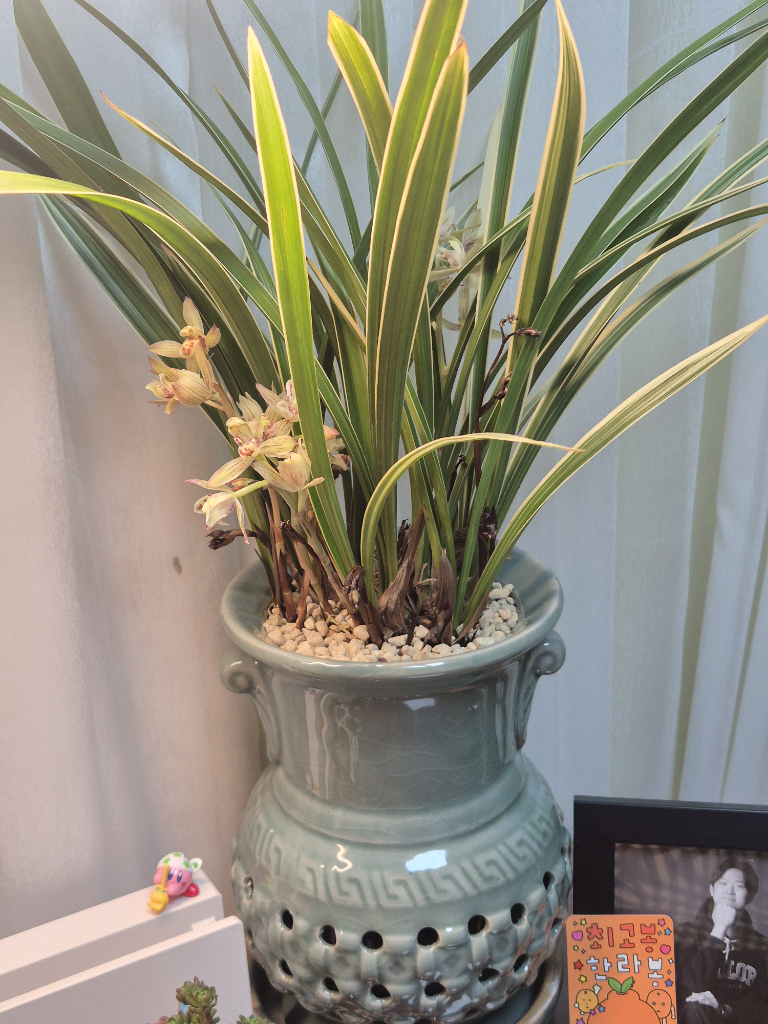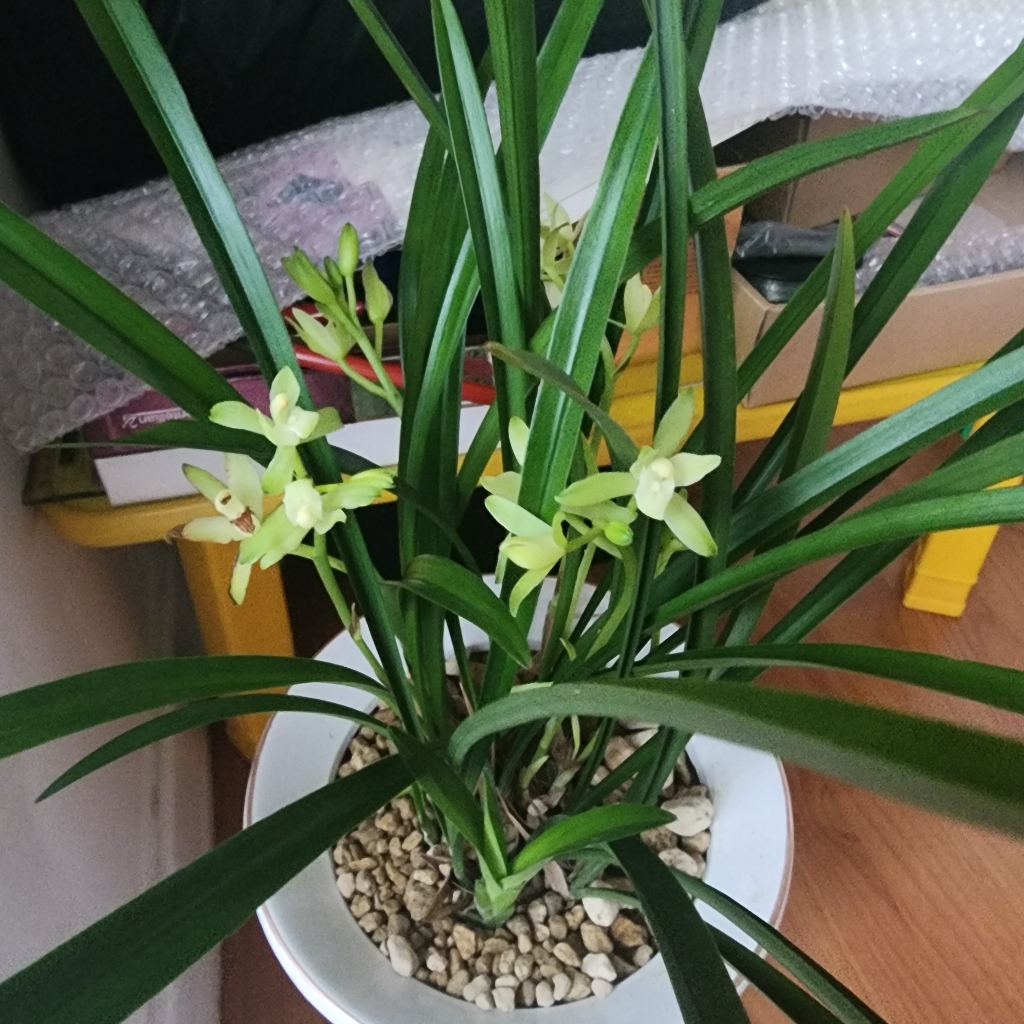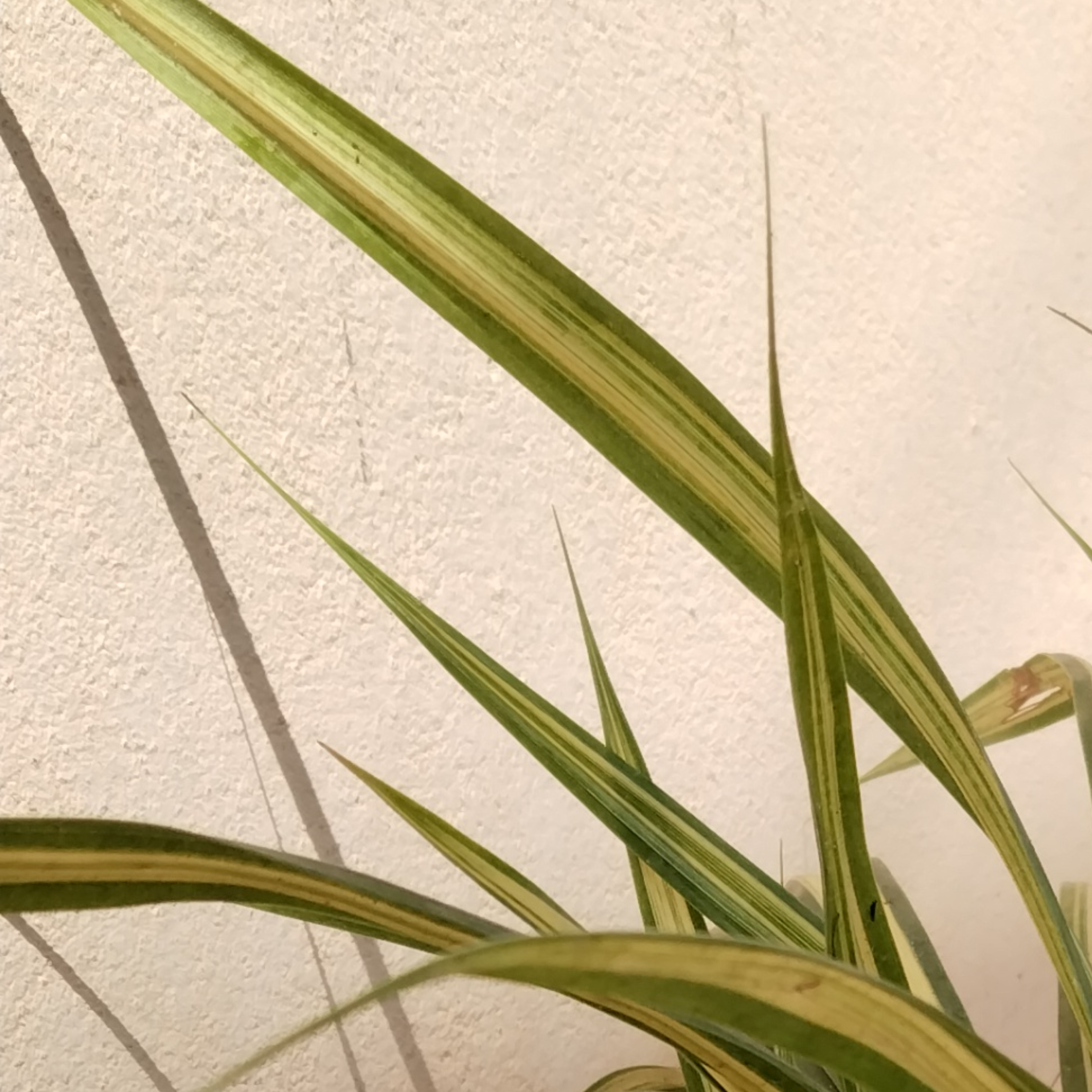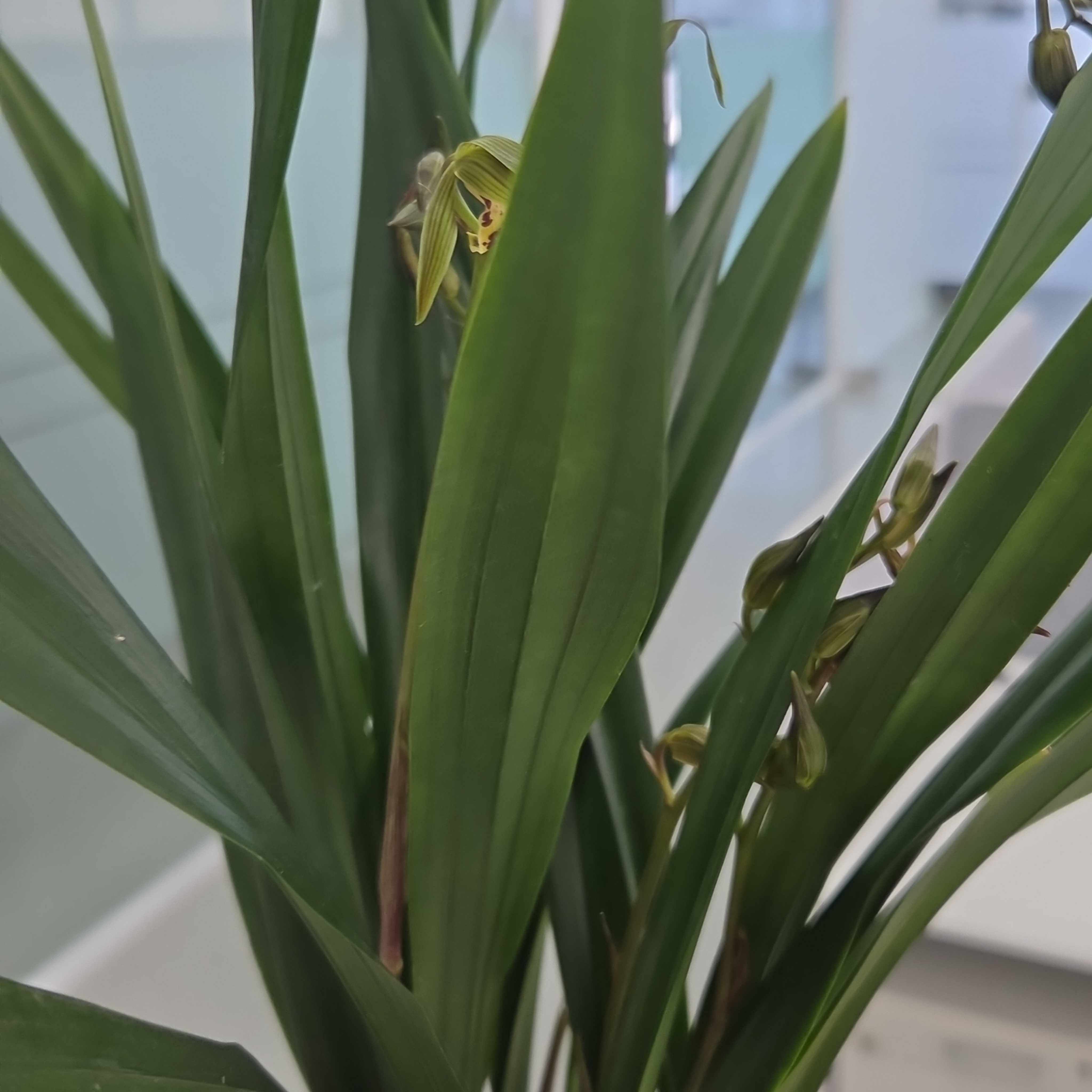How to grow and care for Cymbidium
plant care guide about watering, fertilizing, trimming, repotting, cutting, propagating Cymbidium
Cymbidium 101 - Plant Care Instructions
Bright direct light
20C° ~25C°
Every 7 days
Growth Observation wiki
Botany Encyclopedia
Family : Orchidaceae
🎋 Stem
It lacks a woody structure, and its stems are classified into two types: monocaule and polycaule. In monocaule, a single stem continues to grow, although new stems may emerge, with the original stem continuing to develop. In polycaule, the stem stops growing after reaching a certain height, and new stems emerge.
🪴 Root&Soil
They don't have fine roots, and their roots are thicker compared to other plants. They are broadly classified into epiphytic and terrestrial orchids. Epiphytic orchids grow attached to trees or rocks, while terrestrial orchids root in the ground.
Genus : Cymbidium
🏝️ Habitat Conditions
This plant primarily grows in southern Asia. Some types grow attached to trees or rocks, while others grow on the ground. It thrives in a warm environment with plenty of soft, indirect light.
🪨 Soil Mix
It is important to plant orchids in well-draining soil. Try using pumice or bark instead of potting soil.
🌡️ Environment
Maintain daytime temperatures between 15-25°C and nighttime temperatures below 15°C. If nighttime temperatures exceed 15°C, the plant may not bloom. It grows well above a minimum of 5°C, but to encourage flowering, keep it above 8°C even in winter. Manage humidity between 40-60%.
👀 Characteristics details
When the flowers bloom, the top can become heavy. It's a good idea to install a support.
☀️ Light
This plant loves sunlight, so it's best to keep it in indirect light for extended periods. In summer, use a shade cloth to block 50-70% of the light or move it to a shaded area.
💧 Water
Water the plant when the surface soil is dry. Ensure good ventilation after watering.
🌱 Propagate
Propagation is typically done through division. It is best to do this in the spring by splitting the larger clump into sections with 4-6 stems and replanting them.
🪴 Repot
Due to its slow growth rate, it's best to repot in spring every 2-3 years. Frequent repotting is not advisable; it's best to do so when the pot looks cramped and there's no space for the roots.
💊 Fertilize
Do not fertilize during the flowering period or at low temperatures of 5-10°C. In spring and summer, as temperatures rise and new shoots appear, use the recommended amount for more vigorous growth.
🌺 Flower
The flowering cactus typically blooms in winter. The blooming period is long, lasting 2-3 months, with some species continuously flowering. Flower stalks form from June to October, but maintaining temperatures higher than 10-15°C can hinder their proper development. If too many new shoots appear in summer, remove them to ensure nutrients are concentrated in the flower stalks later.
😵 Toxicity
Non-toxic and safe for pets and children.
water
How to water Cymbidium
💬 Gardener's know-how
How often should I water?
check Cymbidium Every 7 days if it needs water when it’s very cold (below 5℃), water less frequently
When do I need to water?
the top 2-3 inches of soil is dry
Light & Location
How much light does a Cymbidium need?

Bright direct light
Bright indirect light
Grow light
Light preference
Cymbidium likes Bright direct light, Bright indirect light, Grow light day. The brighter the space, the better this plant grows.
Check if there’s an optimal place in your house!
This plant prefers
2K ~ 20K lux to thrive!
0
20K~
2K
20K
Temperature
Houseplants
-15
20~25℃
45
Plants that grow in the wild and those that grow indoors prefer different temperatures. If you grow Cymbidium at home, make sure the temperature is 20~25℃.
Humidity
Ideal humidity
0
40~70%
100
Cymbidium prefers humidity about 40~70%. If necessary, increase humidity by misting, humidifier.
Fertilize
Collective Knowhow
When should I fertilize?
Only when your plant is healthy
How frequently should I fertilize?
1-2 times in growing season. A pinch for a small pot.
Characteristic
The taxonomic classification of Cymbidium is as follows. - Kingdom: Plantae, Phylum: Tracheophyta, Class: Liliopsida, Order: Asparagales, Family: Orchidaceae, Genus: Cymbidium, Species: Cymbidium
| Characteristic Name | Characteristic Value |
|---|---|
| Habitat | South Korea |
| Taxonomy Name | Taxonomy Value |
|---|---|
| Phylum | Tracheophyta |
| Class | Liliopsida |
| Order | Asparagales |
| Family | Orchidaceae |
| Genus | Cymbidium |
| Species | Cymbidium |
Is your plant sick?
Track what happened. We’ll let you know the cause and treatment shortly!





1:1 Expert Help
You’ll get professional feedback within 24 hours from an expert on our team.
feedback will include











